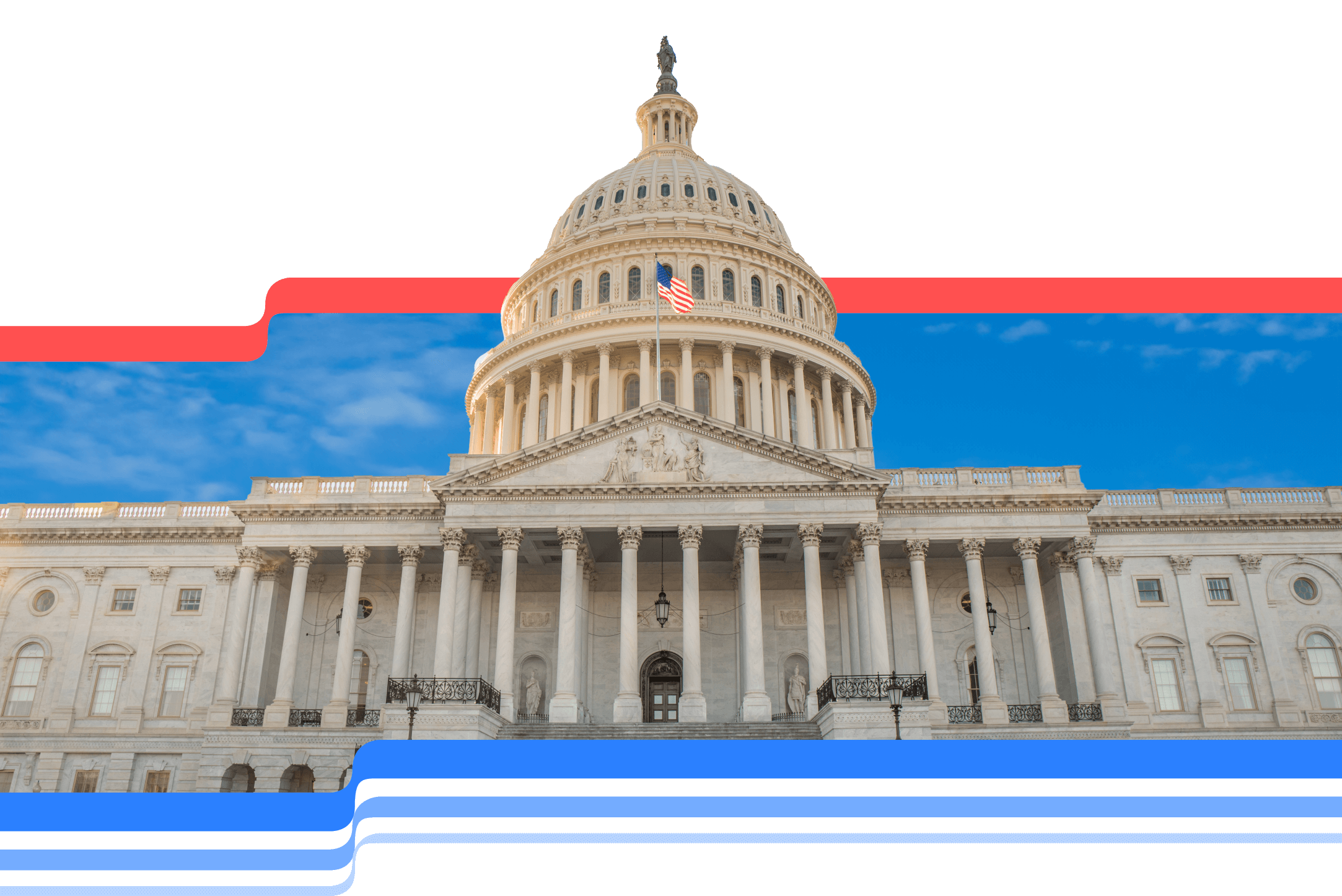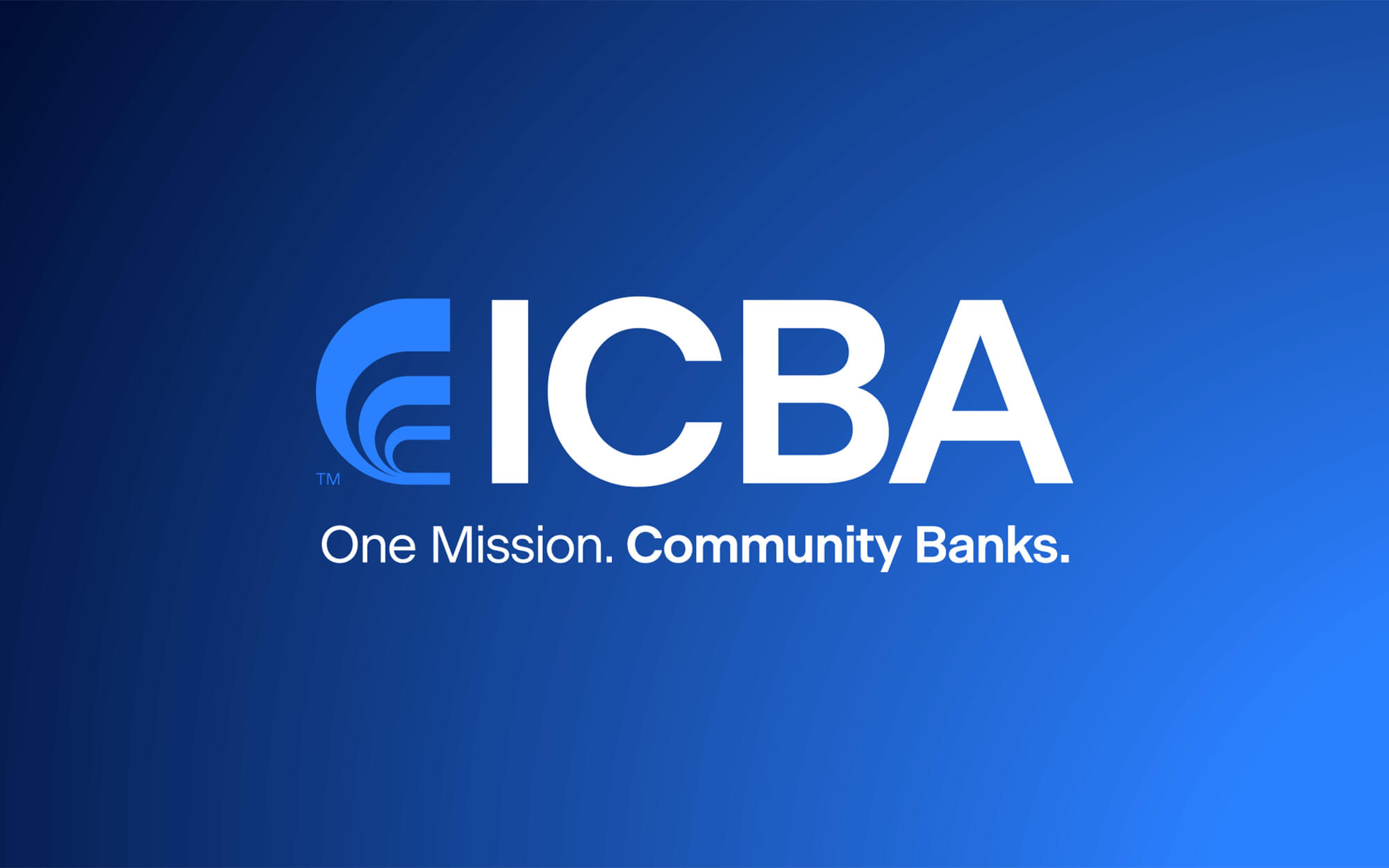Federal Reserve researchers said a U.S. central bank digital currency would likely have only a marginal impact on the international role of the U.S. dollar and the role of U.S. payment systems in cross-border payments.
Details: In a new paper, the researchers said:
A widely accessible U.S. CBDC is likely to marginally enhance the appeal of the dollar.
A highly interoperable U.S. CBDC could strengthen the dollar's standing as a medium of exchange, potentially enhancing its appeal as a store of value.
A U.S. CBDC is unlikely to significantly change the status quo of demand for dollar assets, which are based on the ample supply and liquid market for U.S. Treasuries.
Stablecoins could erode demand for traditional forms of money because they don’t rely on existing payments rails.
State of Play: The Fed is researching the merits of a U.S. CBDC while Congress determines whether to permit the Fed to issue a digital dollar. Meanwhile, global policy groups including the International Monetary Fund and Bank for International Settlements have issued statements supportive of CBDCs.
Board Skepticism: Fed Governor Christopher Waller has said he has yet to be convinced there is a market failure that a CBDC would resolve, while Fed Governor Michelle Bowman has said she has not seen a compelling argument that a CBDC could address payments system problems more effectively, efficiently, or with fewer risks than alternatives.
ICBA View: ICBA opposes the creation of a U.S. CBDC and last fall told Congress that a wholesale CBDC is similarly unnecessary given the increasing adoption of instant payment solutions. ICBA has separately commended the House Financial Services Committee for passing legislation to restrict the Fed from issuing a CBDC.





